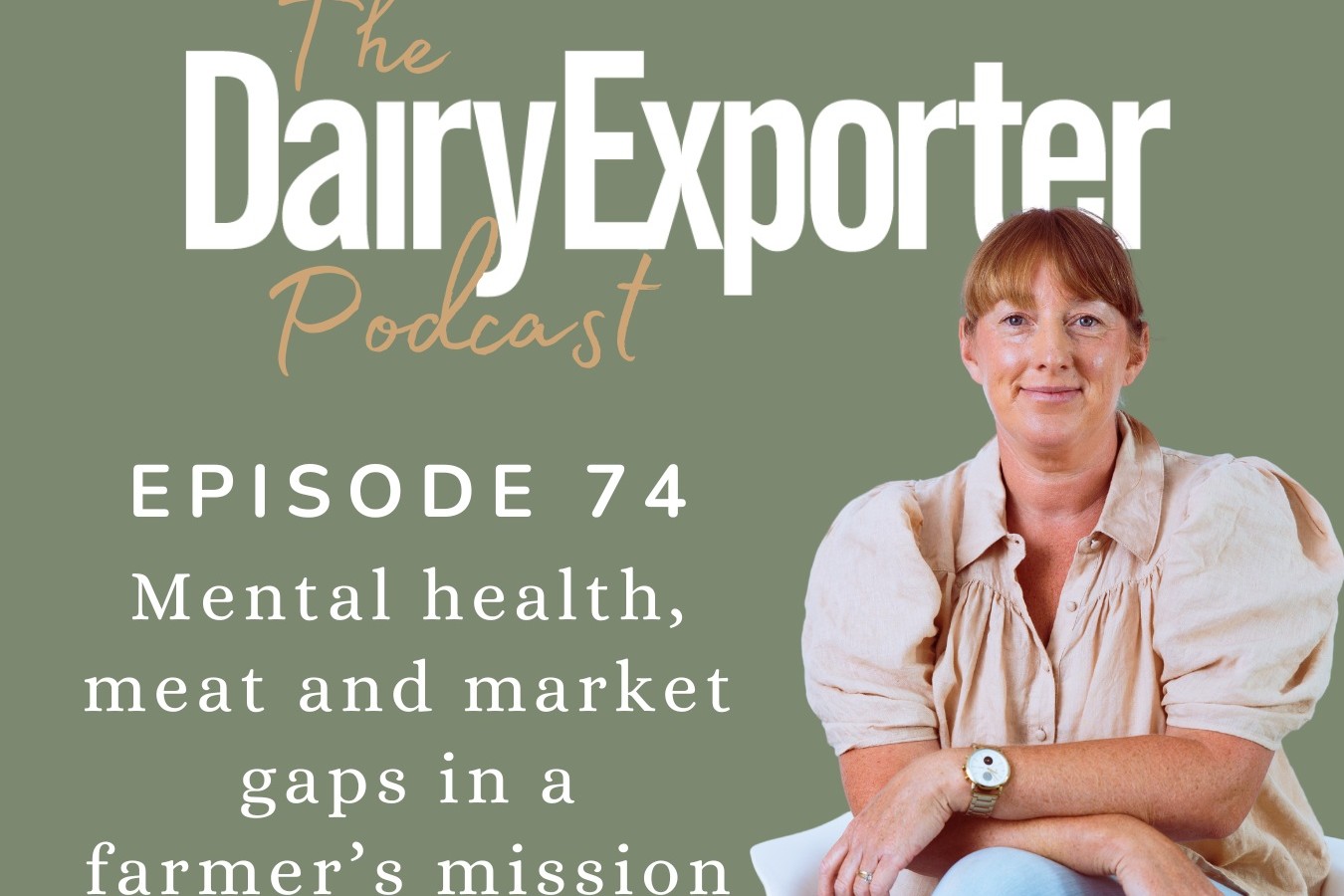Episode 23 – Sheltering cows in a changing climate
With extreme weather events becoming more common, hot days in the sun are bad enough for people – so what are we doing for our livestock? Heat stress is a concerning issue for cows, but what are some cost-effective, practical solutions? And is it part of a broader conversation about farm-system resilience?
Hear from three experts in this field: Kyle Wills on a practical farm try-out; Annabel Davies on what Pāmu have implemented; and Dr Helen Beattie on practical solutions from an animal welfare perspective.
Guests include:
- Kyle Wills, Primary Industries Consultant, WSP
- Annabel Davies, Chief Sustainability and Risk Officer, Pāmu
- Dr Helen Beattie, Veterinarian, Veterinarians for Animal Welfare Aotearoa
Hosts:
- Sheryl Haitana, Editor, Dairy Exporter
- Delwyn Dickey, Journalist, Dairy Exporter
Kyle Wills from WSP has been part of a study looking into the benefits of agroforestry systems on the Canterbury Plains. The study looked at both the benefits to animals, but also the financial gain for the farmer, from integrating forestry onfarm.
He says a lot of people assume this means planting pine trees, but in reality there was a lot of native planting integration based on a farm-by-farm basis. They found that having an agroforestry system can also benefit pasture growth onfarm, due to nitrogen availability and soil moisture conservation. Read the full report here.
Annabel Davies from Pāmu says the biggest barrier for farmers is the real or perceived cost of implementing long-term shelter solutions.
She says Pāmu have approached it on a farm-by-farm basis, to come up with unique solutions for each of their farms across the country. Part of this has been looking at how they can make best use of existing hectares on each farm. This could look like agroforestry and biodiversity planting, to build resilience onfarm.
Veterinarian Dr Helen Beattie says shelter and shade systems for animals are just one piece of the puzzle, when it comes to making our overall farm systems more resilient. She says getting to that point isn’t easy, and will be a matter of decades of work, not years, but is something we should be working towards.
She discusses the impact consumer pressure is likely to have on expectations for shade and shelter onfarm, and also the pressure of overseas markets to make sure our animals aren’t at risk of heat stress.





